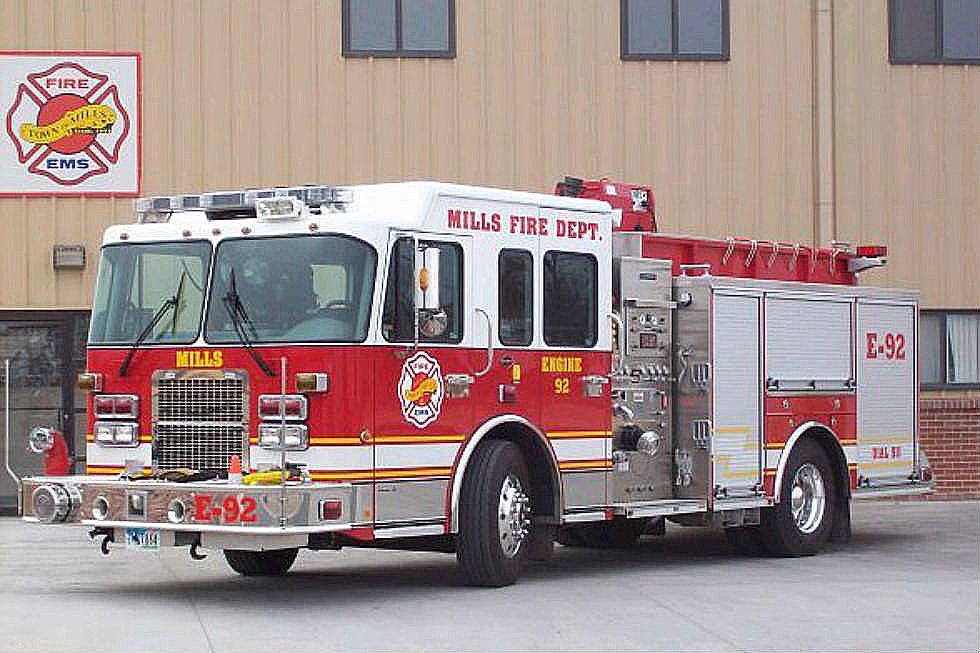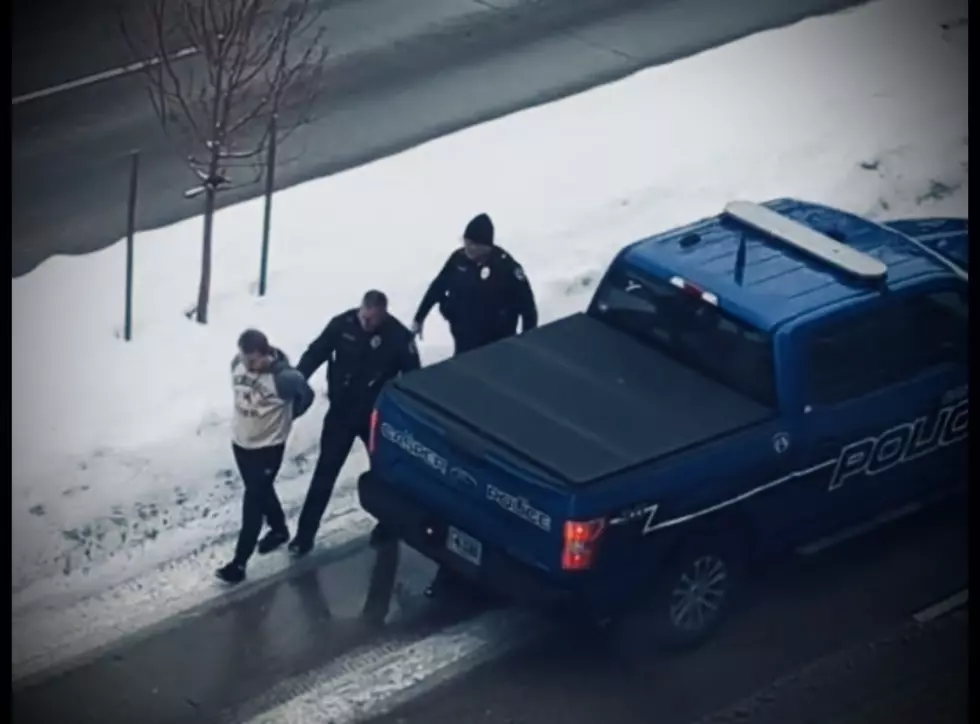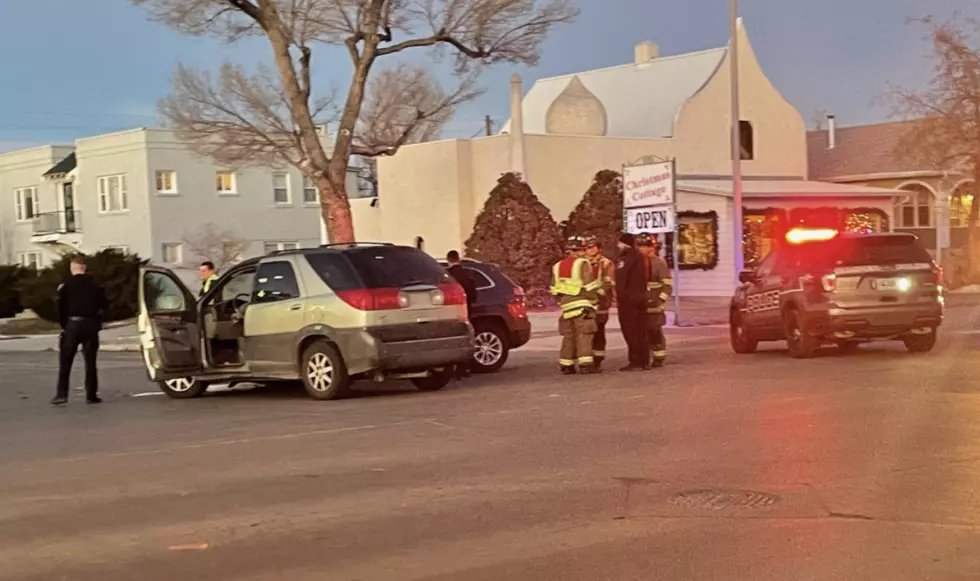
Public Complains to Casper Council About Hospital COVID-19 Policy
At the Casper city council meeting on Tuesday, five people came up to the podium to talk about the issues they have with COVID-19 policies at the Wyoming Medical Center.

Michael Quest, who came up to speak about the Medical Center's policy, said he doesn't understand why it is the only hospital in town.
Councilmember Bruce Knell said later on that it would take an enormous investment by an entity, in the hundreds of millions of dollars, in order for there to be another hospital in Casper, which seems unlikely given the infrastructure available.
Sarah Beiber said she doesn't agree with the policies of the Medical Center because it goes against the wishes of the community.
"It is hard to tell a nine-year-old whose grandmother is dying that he can't go see them," Beiber said. "They don't allow visitors under the age of 12, they can tell birthing mothers you can't have your religious belief here, you can't have your quorum of people that you need to have while you're having a baby...I understand your guys' position that it is a private business, but the community is struggling to figure out where we balance having only one hospital and now it's pushing people into, I don't know, back-alley doctors, searching stuff on the internet, and prescribing themselves and doing what they will because they don't want to go to the hospital because they're scared of becoming prisoners at the hospital, that's not community care."
It is unclear what Beiber was referring to regarding back-alley doctors or being prisoners in a hospital.
According to the Banner Health page on visitor restrictions, the company that owns the Medical Center, nobody under 12 is allowed, one visitor per patient per day is allowed in in-patient areas, laboring mothers may have one support person with them along with a Doulas, and two visitors are permitted at a time for end-of-life patients.
Pat Tennon said that when his daughter was taken to the hospital and put in the emergency room after she had been hit by a car, he claimed he was unable to see her in the emergency room due to only one person being allowed in at a time, but because he is deaf, he needed a translator with him.
Tennon said he spoke with hospital administrators about the intersection of COVID-19 policies and ADA laws, and felt the conversation went well.
Mayor Ray Pacheco said that he wished there was more the council could do, but because the Medical Center is a private company, there is little the council is able to do.
Pacheco said that understands where people are coming from, as last year his father was facing medical issues and he was unable to see him.
Knell said that he agrees with the complaints brought, that he avoids going to the Medical Center if possible, and plans to call the hospital board on Wednesday to get more information, the latter received applause from those that had spoken.
Answers to 25 common COVID-19 vaccine questions
More From K2 Radio








